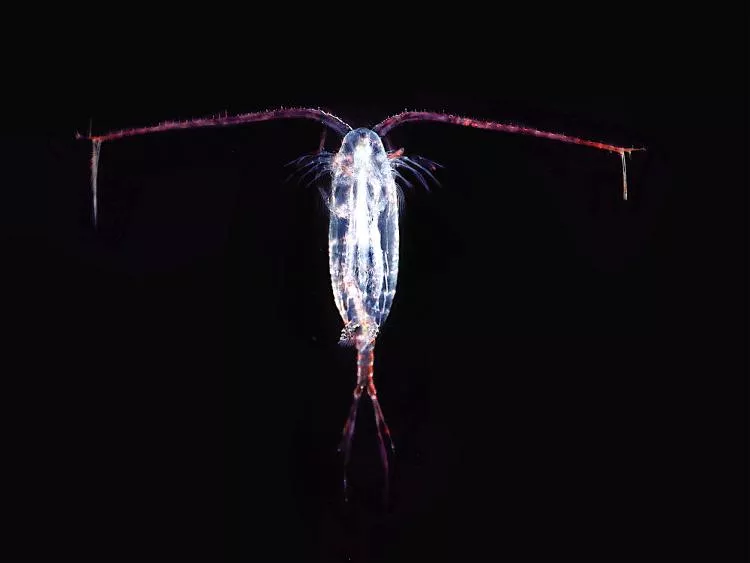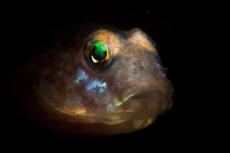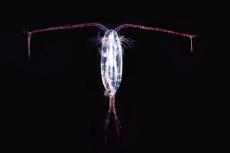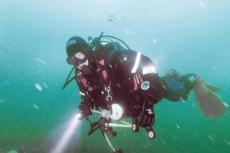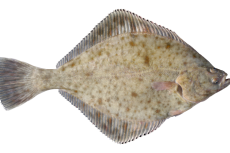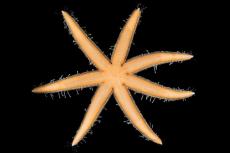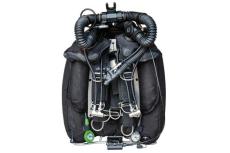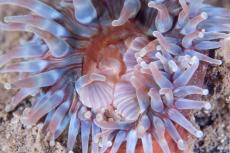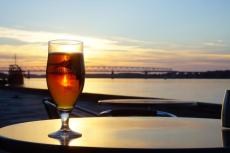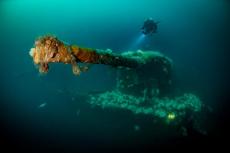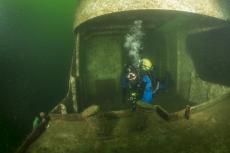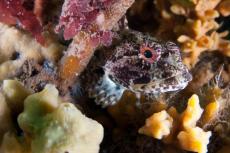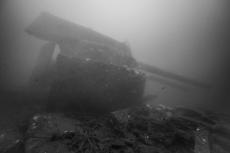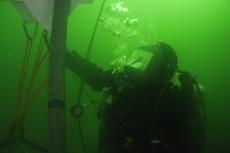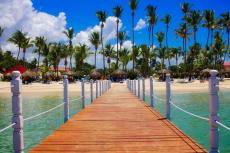Plankton doesn't eat microplastic
Microplastics do not accumulate in aquatic food webs. A Danish study finds that marine plankton does not consume but spits out plastic particles.
Finally, a bit of good news. Well, sort of. It is not good that plastic finds its way into our oceans and can be detected in just about every sample of water but at least it appears that microplastics do not accumulate in the aquatic food chain.
At least that is the conclusion of a study conducted by the Technical University of Denmark which looked into what happens when copepods encounter particles of microplastics while they are eating. "Copepods are like fussy children who can detect pieces of celery in the spaghetti sauce and spit them out," explains Professor Torkel Gissel Nielsen.
Fussy eaters
Video footage from the laboratory experiments shows that the copepods spit out the plastic particles in four out of five cases. The remaining particles which do get eaten end up being excreted other experiments have shown —"just like kids who’ve accidentally eaten small beads,” adds prof Nielsen.
This also means that the microplastics do not bioaccumulate when the copepods become meals for larger organisms, which in turn are eaten by larger animals, and so on.
Microplastics are defined in the study as particles smaller than 300 micrometres—particles that are so small that copepods (which make up a significant part of the marine food chain)—can eat them.
Still a problem
All of the above being said, Nielsen stresses that plastic waste is part of humanity’s impact on nature and clearly poses a serious environmental problem.


